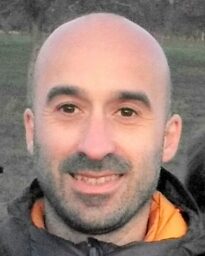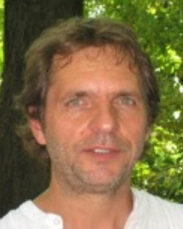A French public research institution that undertakes research for high-quality and healthy food produced by a sustainable agriculture. INRA is Europe’s top agricultural research institute and the world’s number two centre for the agricultural sciences. Two INRAE divisions are involved in this project: Environment and Agronomy (EA), through the LEPSE and Applied Mathematics and Informatics (MIA) through the MISTEA Joint Research Unit.
The LEPSE has internationally recognised experience in genetic analysis and modelling of development, growth and transpiration of plants in response to environmental conditions. It has been one of the first groups to develop phenotyping platforms, from 2000 onwards, and the conceptual framework to use them in combination with modelling and genetic analyses.
MISTEA focuses on modelling, integrated data management, knowledge representation and reasoning and data analysis of biological, agronomical or environmental systems. Both INRA units are involved in the development of a Phenomic information system, able to organize datasets in a FAIR way, at French and European levels (coordination of the H2020 I3 project EPPN2020 and WP leaders participation in the future infrastructure EMPHASIS).
INRAE will be responsible for coordination of WP1 and will actively participate in WP2, 3 and 4by providing state-of-the-art methods and access to high-level infrastructure for plant phenomics enabling the scientific capacity building at CBQF, as well as to the Partners of the STARGATE consortium, through training workshops, training schools for early-stage researchers and short-term scientific training periods.






